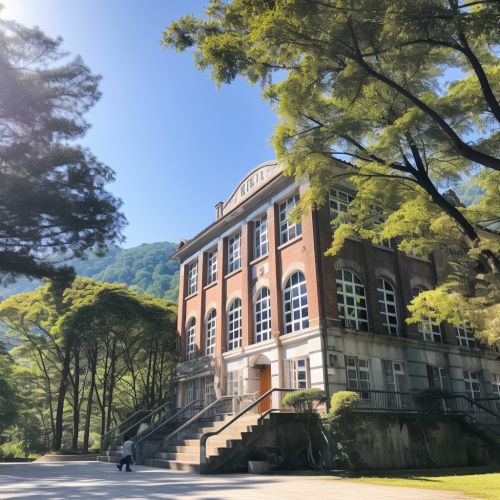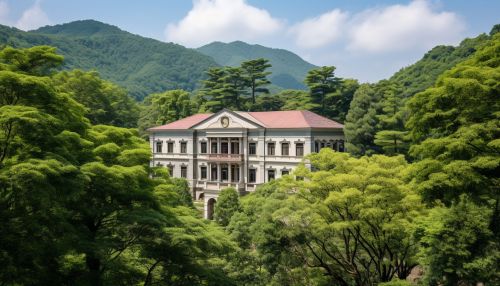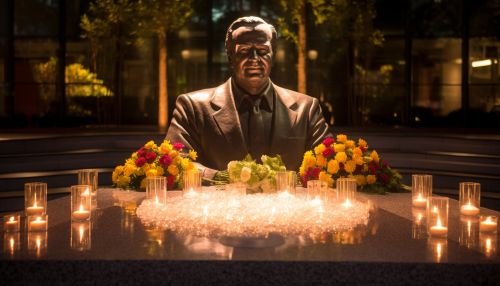Yitzhak Rabin
Early Life and Military Career
Yitzhak Rabin was born in Jerusalem during the British Mandate of Palestine, on March 1, 1922. His parents, Nehemiah and Rosa, were Jewish immigrants who had settled in Palestine during the Third Aliyah. Rabin attended the Kadoorie Agricultural High School in Lower Galilee, where he excelled in his studies and showed a keen interest in military affairs.


In 1940, Rabin joined the Palmach, the elite fighting force of the Haganah, the underground army of the Jewish community in Palestine. He participated in numerous operations against the British during the Mandate period, including the Night of the Trains and the Night of the Bridges. In 1948, Rabin played a crucial role in the War of Independence, commanding the Harel Brigade and participating in the battles of Latrun.
Political Career
After retiring from the military in 1968, Rabin served as the Israeli Ambassador to the United States for five years. During his tenure, he played a significant role in strengthening the relationship between Israel and the United States, facilitating the sale of Phantom jets to Israel and laying the groundwork for future American aid to Israel.


In 1973, Rabin returned to Israel and entered politics, joining the Labor Party. He was elected party leader in 1974 and subsequently became Prime Minister following Golda Meir's resignation. Rabin's first term as Prime Minister was marked by a focus on social issues and the economy, as well as the pursuit of peace with Israel's Arab neighbors.
Assassination and Legacy
On November 4, 1995, Rabin was assassinated by Yigal Amir, a right-wing extremist opposed to Rabin's peace initiatives. The assassination shocked the nation and the world, leading to a period of national mourning in Israel and international condemnation of the act.


Rabin's legacy continues to be felt in Israel and around the world. He is remembered as a military hero, a pragmatic politician, and a peacemaker. His efforts to achieve peace through the Oslo Accords earned him, along with Shimon Peres and Yasser Arafat, the 1994 Nobel Peace Prize.
